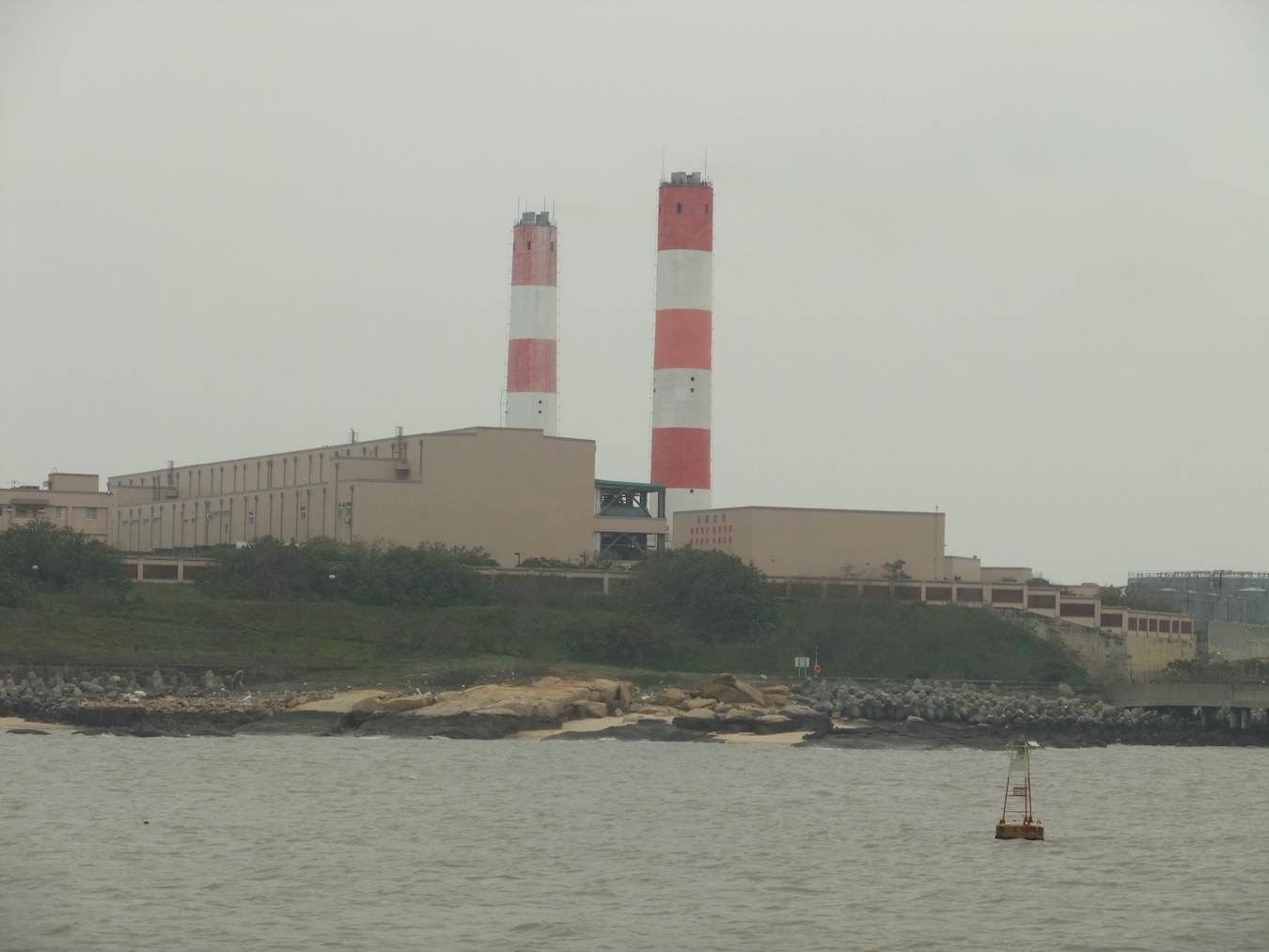by Brian Hioe
語言:
English
Photo Credit: Vmenkov/WikiCommons/CC BY-SA 3.0
A DROWNING INCIDENT involving two individuals on a Chinese speedboat in Kinmen territorial waters could prove a case that ramps up tensions between Taiwan and China in the coming days, if the Chinese government leverages on the incident for nationalist outrage.
In particular, the incident took place after the speedboat, which had no registration or identification, crossed into Kinmen territorial waters. Responding to the intrusion, the Taiwanese Coast Guard responded and demanded to search the speedboat, which refused to comply and sought to flee. The speedboat suddenly capsized afterward, sending four people into the water. By the time they were brought onto Taiwanese vessels, two individuals did not have vital signs.
The Taiwanese government has stressed that the Taiwanese Coast Guard was acting in accordance with maritime regulations and there would be continued vigilance about illegal fishing or other vessels. To this extent, the Taiwanese government has stated that it would communicate with the families of the deceased and expressed regret over the incident.
By contrast, China’s Taiwan Affairs Office (TAO) stressed that the incident had “hurt the feelings of the Chinese people.” Likewise, the TAO framed the actions of the Taiwanese Coast Guard as unreasonable, with the incident occurring because of the overly forceful response by the Coast Guard. This was linked back to a political narrative that blamed the DPP for raising tensions in the Taiwan Straits, claiming that the Tsai administration regularly dispatches ships to harass Chinese fishing vessels.
The Chinese government has been accused of militarizing its civilian fleet in past years, with the possibility of using joint civil-military efforts in a future invasion scenario. To this extent, the Chinese government has been accused of using grey zone tactics, in frequently harassing Taiwan through warplanes sent into Taiwan’s Air Defense Identification Zone–the airspace in which aircraft normally identify themselves for security purposes–or through sand dredging by Chinese vessels on outlying islands of Taiwan such as Matsu.
 Photo credit: Vmenkov/WikiCommons/CC BY-SA 3.0
Photo credit: Vmenkov/WikiCommons/CC BY-SA 3.0
With such incidents, there is always the possibility that military maritime activity will be disguised as civilian activity. Yet the Chinese government has also undertaken actions such as shifting flight route M503 to pass close to the median line of the Taiwan Straits, particularly in the event of inclement weather. This move, too, was criticized by the Taiwanese government as dangerous in light of using civilian air traffic for geopolitical aims, as well as raising regional tensions overall in that this increases the likelihood that a deadly accident that raises regional tensions could occur.
There have been incidents in which the Taiwanese Coast Guard has responded by impounding Taiwanese vessels. However, the Chinese government has not responded to date by politicizing such actions in a significant manner.
Likewise, though there have been some questions raised as to whether the speedboat could have been involved in spying activity, there is also the possibility of other forms of lawbreaking. While illegal fishing is not necessarily the most likely cause, given the small size of the speedboat, human trafficking is one possibility. But regardless, the incident is an accident that could contribute to the rising of cross-strait tensions if China decides to fan the flames of nationalism over it.
To date, the TAO’s response has been relatively mild, in spite of this taking place in a timeframe in which the Chinese government has otherwise sought to register displeasure with the newly incoming presidential administration of Lai Ching-te through actions as poaching diplomatic allies of Taiwan, pressuring international sporting competitions into canceling events to be held in Taiwan, and other forms of pressure. For one, the actions of the speedboat were illegal, which may temper the response. Certainly, had the incident involved a fighter jet or military vessel, there would have been a larger response.
The Chinese government’s actions will likely be constrained by the current sensitivity of relations with the US, though military exercises intended to further emphasize the point of displeasure with Taiwan over electing a third consecutive DPP government will likely take place. At the same time, the incident bears close attention, to see whether China will try and politically capitalize on it in a manner dangerous for regional tensions or let the incident pass by. Indeed, even if not, the incident offers a precedent for future such incidents that may occur along such lines in a manner that the Chinese government will seek to leverage for nationalist outrage.

